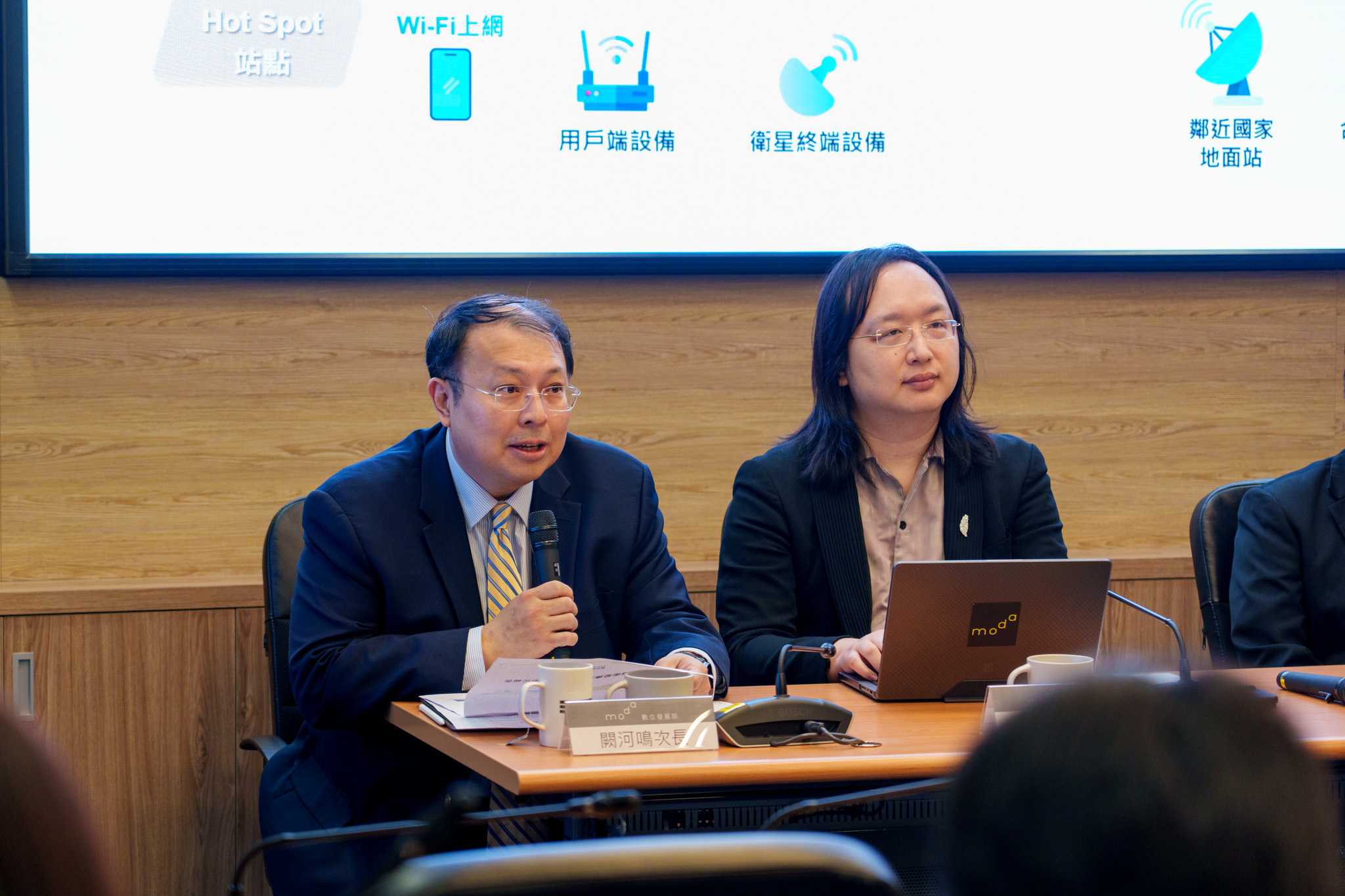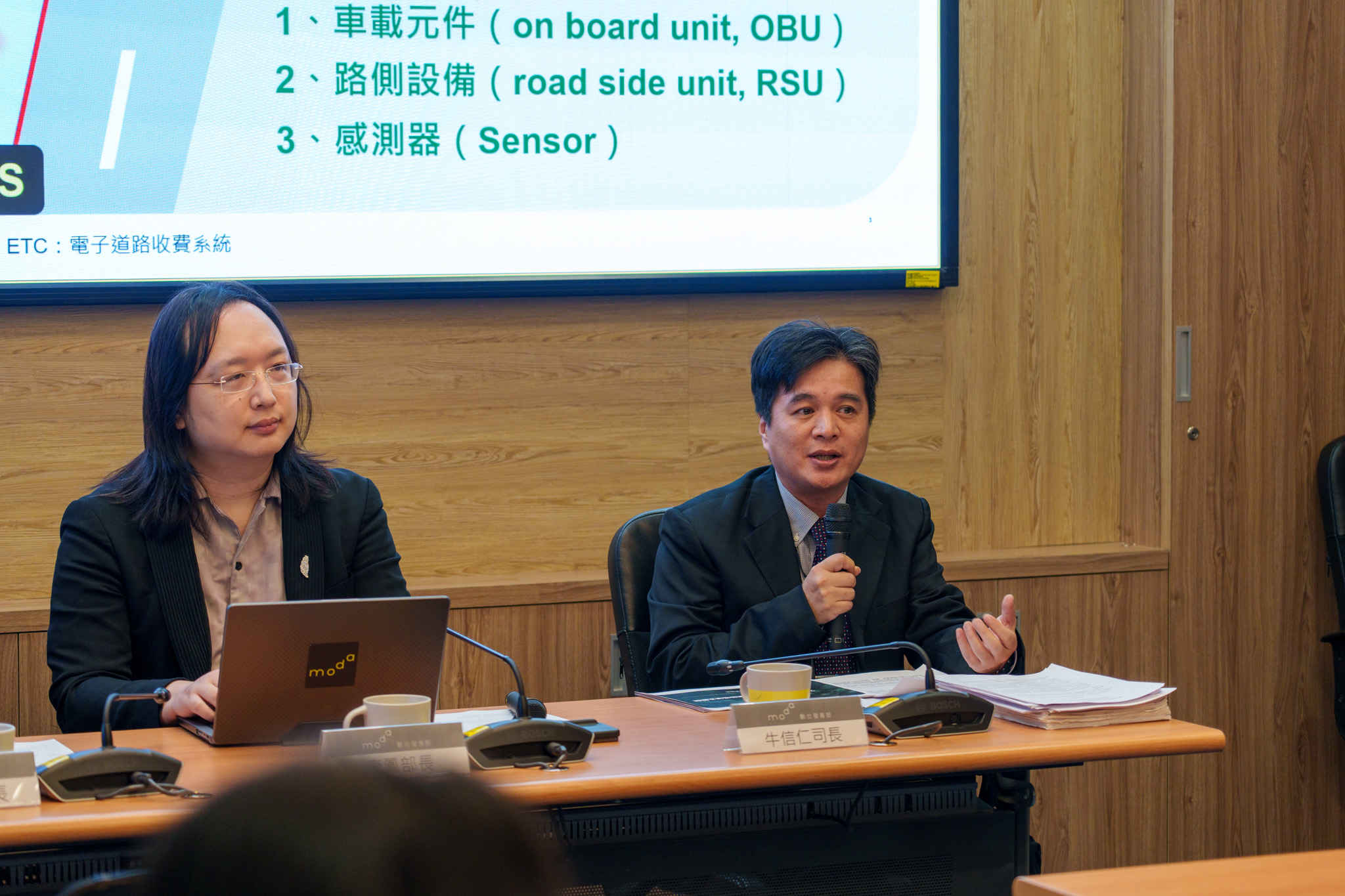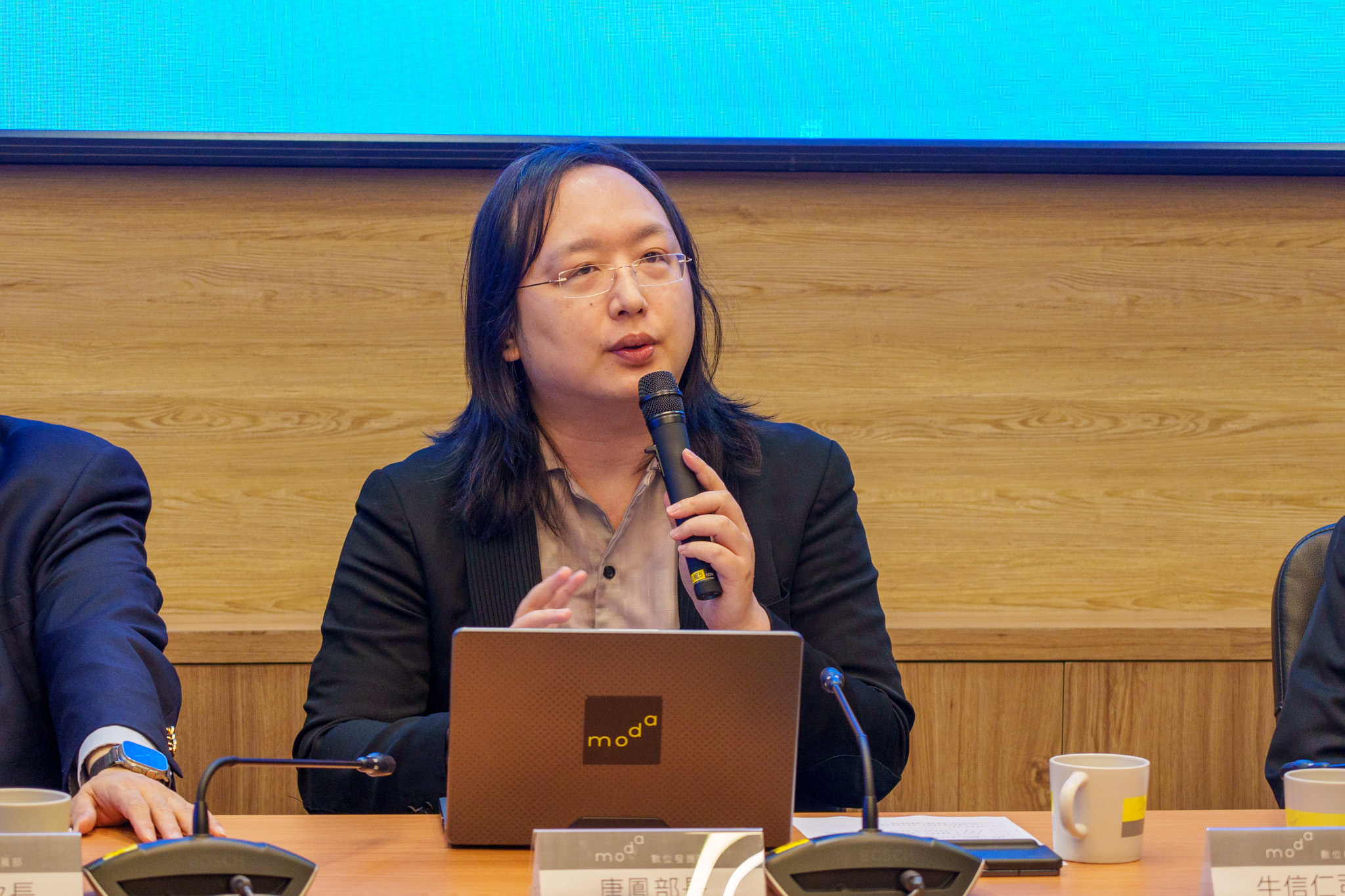Ministry of Digital Affairs Plans to Announce Specific Experimental Areas for the Frequencies of Vehicle-to-everything, Accelerating Technological Development of Industries and Digital Transformation
The Ministry of Digital Affairs (moda) stated that it plans to complete the announcement of the designation of specific experimental areas and restrictions for Vehicle-to-everything radio frequency by the end of April. This policy is estimated to shorten the application process for Vehicle-to-everything radio frequency experiments by 64%, accelerating the development of Taiwan's experimental network and flourishing the Vehicle-to-everything industry. The moda will continue to leverage radio frequency allocation and expedite administrative procedures to promote the experimentation and validation of new technologies, thereby driving digital transformation in industries.
The moda stated that the Vehicle-to-everything Experimental Network is a collaborative effort involving the moda for issuing experimental frequencies, the National Communications Commission for issuing experimental networks, and cooperation with central and local government transportation authorities to select experimental areas. The policy enables various innovative experiments related to Vehicle-to-everything frequencies to be conducted in cities and counties, including Taipei, New Taipei, Hsinchu, Nantou, Changhua, Yunlin, Chiayi, and Pingtung. These experiments aim to verify the possibility of every corner of Taiwan becoming a smart city based on the transportation patterns in each region.
The moda pointed out that by designation of specific experimental areas for the Vehicle-to-everything frequency, the average 84-day application period for the Vehicle-to-everything experimental network can be reduced to 29 days, equivalent to a potential reduction of 64% in the optimal period. Subsequently, there will be a review and amendment of the experimental geographical scope and conditions for driverless vehicles (vehicles, ships, aircraft), with expectation to attract more innovative teams to participate, conduct various forward-looking research and development projects, inject new vitality into Taiwan's technology ecosystem, promote cross-industry collaboration and technology exchange, and ensure that multiple new technologies can be verified for feasibility and adjusted to improve service quality more quickly through experimentation.
The moda also emphasized its commitment to technological neutrality and urged telecom companies to introduce low-earth orbit satellites to enhance the nation's digital resilience. Additionally, efforts such as promoting 5G private networks, opening up new frequency bands for Wi-Fi, improving signal coverage in key mountain huts and trails, and integrating public IoT information are all practical success stories of using radio frequencies to accelerate industrial digital transformation and promote socio-economic development and industrial growth.
The moda emphasizes its commitment to collaborating with relevant agencies and organizations to enhance regulatory frameworks. It will also adapt to the evolution of emerging communication applications and external environmental changes. The moda will continue to propose and promote reasonable planning of radio frequencies to facilitate industrial development in the digital transformation era. Furthermore, it will endeavor to streamline administrative procedures within the confines of regulations to ensure the swift validation of new technologies through experimentation and continuously improving the service quality.



